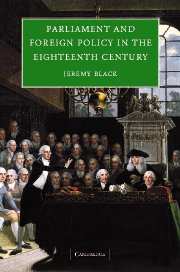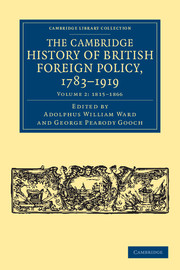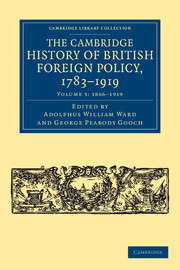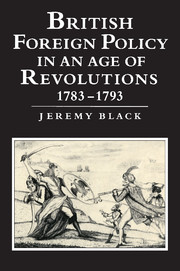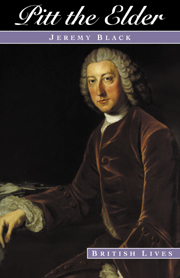Parliament and Foreign Policy in the Eighteenth Century
Drawing on a wide range of British and foreign archival sources, this book tackles the role of Parliament in the conduct of eighteenth-century foreign policy, the impact of this policy on parliamentary politics, and the quality of parliamentary debates. It is also an important study for our assessment of eighteenth-century Britain, and also, more generally, for an understanding of the role of contingency in the assessment of political systems. Reflecting over a quarter-century of work on parliamentary sources, the book highlights the influence of Parliament, positive and negative, direct and indirect, on foreign policy and politics. It also has great contemporary relevance as we consider the effectiveness of democratic states when confronting authoritarian rivals, and the rights of representative bodies to be consulted before wars are launched.
- Addresses a novel theme in eighteenth-century political studies which also has topical relevance
- Draws on a vast range of sources in eighteenth-century foreign policy, both British and European
- A scholarly study by one of Britain's most well-known and prolific authors and historians
Reviews & endorsements
'This is a first-rate work of scholarship and discusses a topic that has for too long been sidetracked.' Contemporary Review
Product details
February 2004Hardback
9780521833318
276 pages
236 × 161 × 26 mm
0.54kg
Available
Table of Contents
- Preface
- Note on dates, spelling and titles
- List of abbreviations
- 1. Introduction
- 2. The Revolution settlement, Parliament and foreign policy, 1689–1714
- 3. The Walpolean system, Parliament and foreign policy, 1714–42
- 4. The mid-century crisis, Parliament and foreign policy, 1742–60
- 5. George III, Parliament and foreign policy, 1760–1800
- 6. Sources and reports
- 7. Character and quality of parliamentary discussion
- 8. A parliamentary foreign policy?
- 9. Conclusions
- Select bibliography
- Index.

